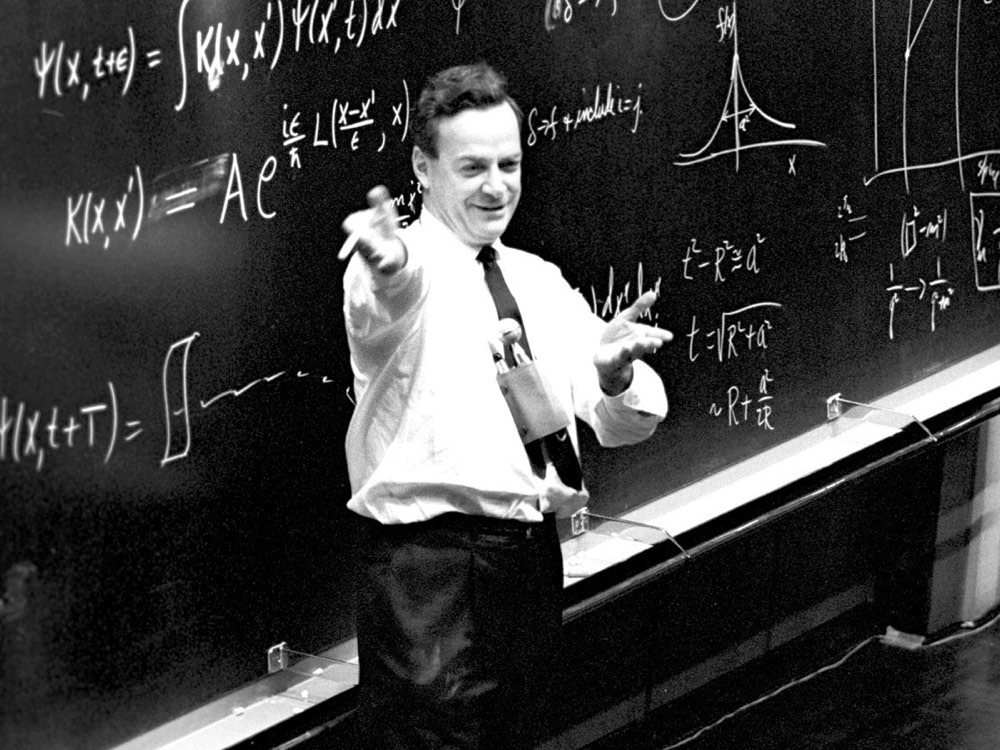If you cannot explain something in simple words, you do not understand

In the early 1960s, Richard Feynman gave several lectures for students, later collected in the book "The Feynman Lectures on Physics ." The book did not include a lecture on the planetary movement , but notes later found allowed David Goodnstein, Feynman’s colleague, to write a book about her: “Feynman’s Lost Lecture’s Lost Lecture]. Quote from a book published in the 1996 issue of Caltech's Engineering & Science :
Feynman was a great teacher. He was proud of his ability to invent ways to explain the deepest ideas to novice students. Once I told him: “Dick, explain to me so that I understand why particles with half-integer spin obey the Fermi-Dirac statistics”. Feynman said: "I will prepare a lecture for first-year students on this topic." But a few days later he returned and declared: “I could not. I could not bring it down to the level of freshmen. This means that in fact we do not understand this. ”
John Gruber writes that simple explanations are the goal of Apple too:
Engineers should be able to explain a complex technology or product in simple and understandable terms, not because the director wants to explain this to him, but to prove that the engineer fully understands the technology.
Feynman was famous for simple explanations of scientific concepts, thanks to which a person began to understand the subject more deeply: for example, you can look at Feynman’s explanations on the subject of fire being stored sunshine , on the subject of rubber bands , how trains make a turn , and on magnets . What is important, he was never ashamed to admit that he didn’t know something — or that scientists in general didn’t know something. In his explanation of the magnets there is a funny phrase. He says:
I really can not decently, and indeed somehow, explain magnetism in terms of something else, more familiar to you, because I do not understand it in terms of something else, with which you are better acquainted.
Also Feynman once said:
I think that I can confidently say that no one understands quantum mechanics.
It is interesting to hear this from a person who received the Nobel Prize for explaining quantum mechanics, done better than those that came before him. He died in 1988 after a long and fruitful career, but at the top of his chalkboard it was written:
What I cannot create, I cannot understand.
All Articles